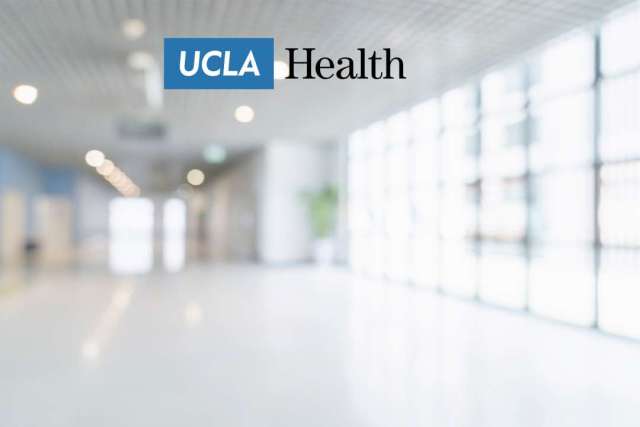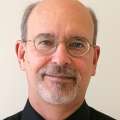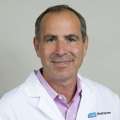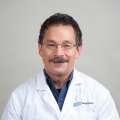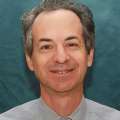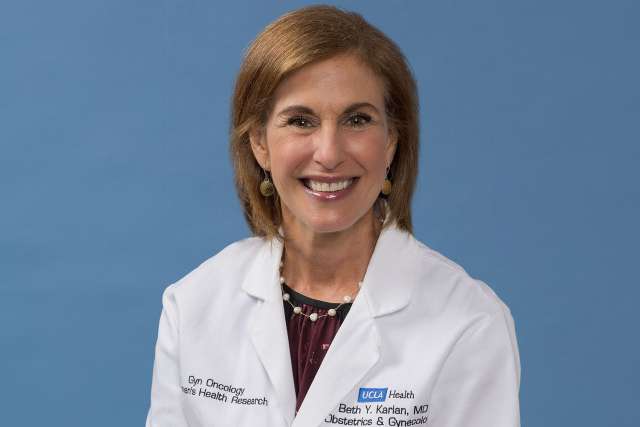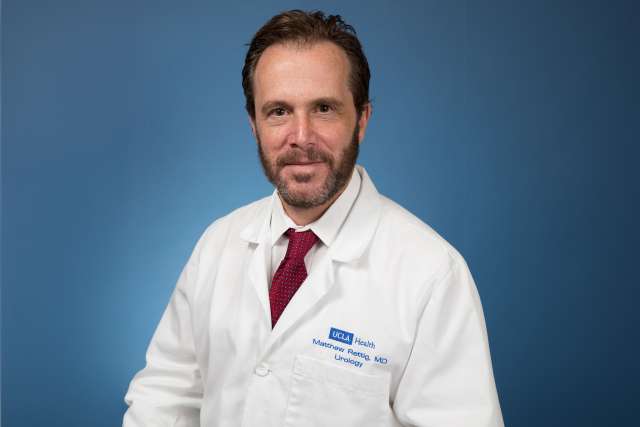Four researchers from UCLA’s Eli and Edythe Broad Center of Regenerative Medicine and Stem Cell Research have received Early Translational Research Awards totaling approximately $13 million from the California Institute for Regenerative Medicine, the state's stem cell agency. The UCLA researchers received four of the 12 total awards; no other institution received more than one.
The Independent Citizens Oversight Committee, CIRM’s governing body, announced at its Aug. 28 meeting in La Jolla, Calif., that grant recipients included Dr. Jerome Zack, professor of medicine and microbiology, immunology and molecular genetics; Dr. Robert Reiter, Bing Professor of Urologic Research; Dr. Donald Kohn, professor of pediatrics and microbiology, immunology and molecular genetics in the life sciences; and Dr. Gerald Lipshutz, associate professor-in-residence of surgery, urology and medicine.
The grants are part of CIRM’s Early Translational Research Initiative, which aims to advance promising, innovative discoveries using stem cells. In this "early translation" phase, scientists are expected to do research that will result in the development of drugs or cellular therapies to be used in FDA-approved clinical trials, translating discoveries from the laboratory to the clinic as quickly as possible.
"Our CIRM grants highlight the excellence of the UCLA bench-to-bedside research program," said Dr. Owen Witte, director of the Broad Stem Cell Research Center.
Dr. Jerome Zack, who has dedicated his career to finding a cure for HIV/AIDS, received a grant of approximately $5.3 million. His team is working to engineer blood-producing stem cells that will create T-cells, the foot soldiers of the immune system, which recognize and attack HIV. The engineered T-cells are to be given to patients through a bone marrow transplant, a one-time treatment that will provide an inexhaustible source of immune system cells capable of eliminating HIV-infected cells. This treatment would serve as a functional HIV cure with minimal adverse effects, a great improvement over the current standard of care with expensive, regularly given drug cocktails.
Dr. Robert Reiter, a prominent prostate cancer researcher, received approximately $4 million for his research in developing a type of drug called a monoclonal antibody to target castration-resistant prostate cancer stem cells. Castration-resistant prostate cancer is an aggressive, recurrent form of the disease. This potentially transformative treatment for cancer patients could eliminate the cancer stem cells responsible for recurrent disease and lead to long-term remissions.
Dr. Donald Kohn, whom CIRM president Alan Trounson acknowledged as a world leader in gene therapy, received approximately $1.8 million for his project to treat sickle cell disease, a genetic disorder in which red blood cells "sickle," causing pain crises and organ failure. Currently, the only effective treatment for sickle cell disease is a bone marrow transplant from a matched sibling donor. Kohn’s team developed a gene editing technology to correct the sickle gene defect in the blood-forming stem cells. After collecting the patient’s stem cells from the bone marrow, Kohn and his team will genetically modify the cells using the gene editing technology and transplant the corrected cells back into the patient. It is hoped that the new blood-forming stem cells will create healthy red blood cells that do not sickle, effectively curing the disease.
Dr. Gerald Lipshutz, a leading transplant surgeon, received approximately $1.8 million for his project to develop a treatment for a condition called arginase deficiency. This rare genetic disorder of the liver causes ammonia and an amino acid called arginine to accumulate gradually in the blood. The disease causes stiffness and muscle spasticity, slower than normal growth, developmental delay and eventually tremors, seizures and intellectual disability. Dr. Lipshutz and his team are seeking to develop a source of gene-corrected liver-like cells for treating patients with this disease. They will attempt to correct the genetic defect by using induced pluripotent stem cells (iPS cells) that they develop from the skin cells of patients. They then drive the iPS cells to become liver cells with the corrected gene and give the modified cells back to the patient. This treatment would eliminate the organ rejection problems of liver transplant, the current standard treatment, and could be used for other diseases besides arginase deficiency that are treatable with liver transplants.
CIRM was established in November 2004 by the passage of Proposition 71, the California Stem Cell Research and Cures Act, a ballot measure that provided $3 billion in funding for stem cell research at California universities and research institutions. The bill received overwhelming approval from voters and called for the establishment of an entity to make grants and provide loans for stem cell research and facilities.
The Eli and Edythe Broad Center of Regenerative Medicine and Stem Cell Research: UCLA's stem cell center was launched in 2005 with a UCLA commitment of $20 million over five years. A $20 million gift from the Eli and Edythe Broad Foundation in 2007 resulted in the renaming of the center. With more than 200 members, the Broad Stem Cell Research Center is committed to a multidisciplinary, integrated collaboration among scientific, academic and medical disciplines for the purpose of understanding adult and human embryonic stem cells. The center supports innovation, excellence and the highest ethical standards focused on stem cell research with the intent of facilitating basic scientific inquiry directed toward future clinical applications to treat disease. The center is a collaboration of the David Geffen School of Medicine at UCLA, UCLA's Jonsson Comprehensive Cancer Center, the UCLA Henry Samueli School of Engineering and Applied Science and the UCLA College of Letters and Science.
For more news, visit the UCLA Newsroom and follow us on Twitter.
Media Contact:
Shaun Mason
Shaun Mason
